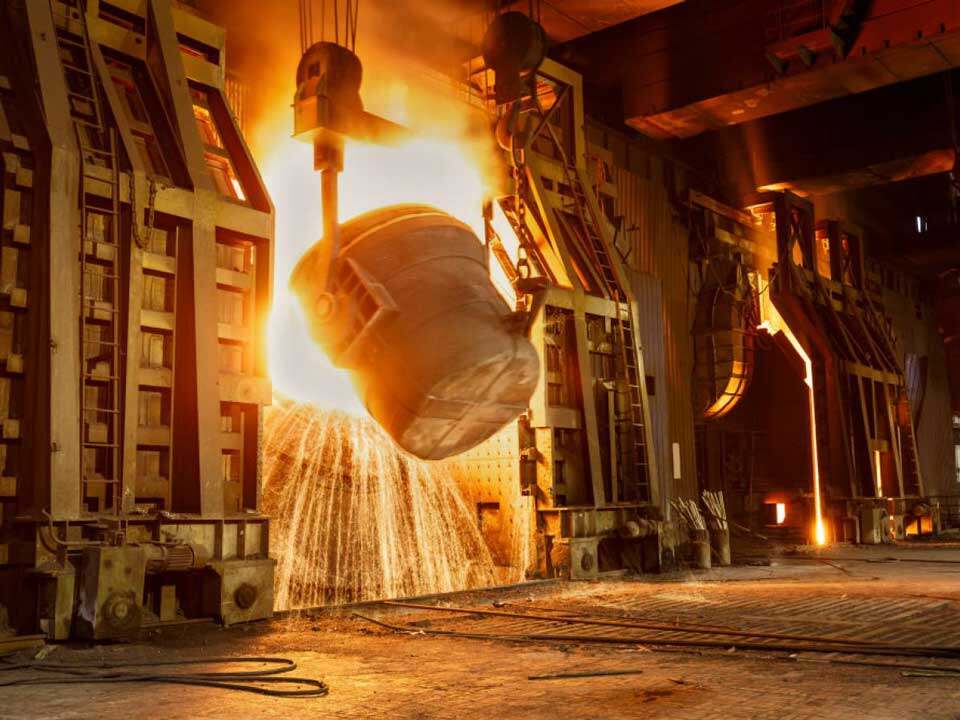Experts will converge on Adelaide to chart the most prospective pathways to decarbonise heavy industry at this year’s High Temperature Minerals Processing (HiTeMP) 3 Forum hosted by the University of Adelaide.


“Industry, research and government experts from Australia and around the world will convene at HiTeMP 3. The aim is to identify the world’s best practice from those at the forefront of driving the transition to net-zero CO₂ emissions in high temperature industrial processes used to produce materials such iron, steel, cement and aluminium,” says the University of Adelaide’s Professor Gus Nathan, Director of the Centre for Energy Technology.
“Engaging those at the forefront will generate cross-fertilisation of ideas and establish new partnerships to accelerate the transition to net-zero emissions for the sector. The circular economy – turning by-products from one industry into new products for another – is a focus of this third forum.
“The low-carbon transition will significantly impact global supply chains, generating new opportunities for those nations which have a coincidence of mineral and energy resources, together with a framework to drive investment in net-zero energy systems.
“With a growing number of high temperature manufacturing companies across the world already committed to decarbonising, new markets are opening up for emerging certified low-carbon products as well as for the new technologies needed to manufacture them.”
Heavy industry is responsible for approximately 20 per cent of global CO₂ emissions. Approximately three quarters of the energy requirement is for heat or reductants, which is currently supplied almost entirely from fossil fuels owing to their low cost and wide availability. The sheer scale of the net-zero power or hydrogen required means that it will take decades to implement, attracting billions of dollars in investment and generating thousands of new jobs. Products such as ‘green steel’ and its precursors, made using hydrogen rather than coal, represent a huge opportunity for Australia.
Hi-TeMP-3 will aim to identify:
- Leading ways to achieve net zero-carbon production for high temperature industrial processes, in the cement/lime, iron/steel and alumina/aluminium and non-ferrous metal industries;
- State–of–the–art and emerging opportunities to implement circular economy principals for the heavy industrial sector;
- Examples in CO₂ capture, re-use and/or sequestration in the heavy-industrial sector;
- Ways that energy sources like hydrogen, electrification, solar thermal, alternative fuels and storage may be used across the sector to accelerate the pathway to net-zero emissions;
- Opportunities through collaboration and international partnerships, knowledge-sharing, industrial/innovation ecosystems, new business, markets and financial models, together with policy and regulatory frameworks to accelerate the pathway to net-zero for industry; and
- Next steps for the sector, including key enablers, projects and demonstrations that are needed to de-risk future investments in the path towards net zero-carbon production.
What: HiTeMP-3 Forum
Where: National Wine Centre, Adelaide
When: Monday 26 September to Wednesday 28 September 2022
Details: Further information
HiTeMP-3 is organised by the University of Adelaide’s Centre for Energy Technology, the Heavy Industry Low-carbon Transition (HILT) CRC, and Mission Innovation’s Net Zero Industry (NZI) mission.



































